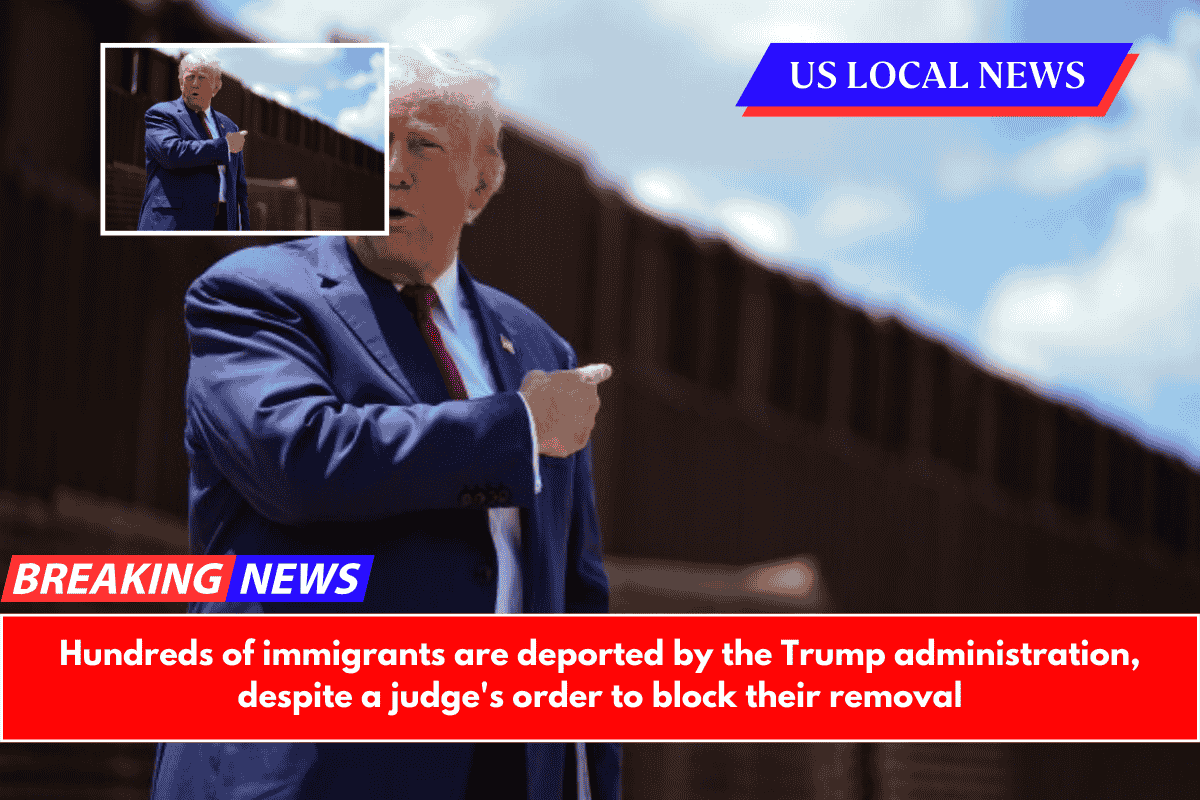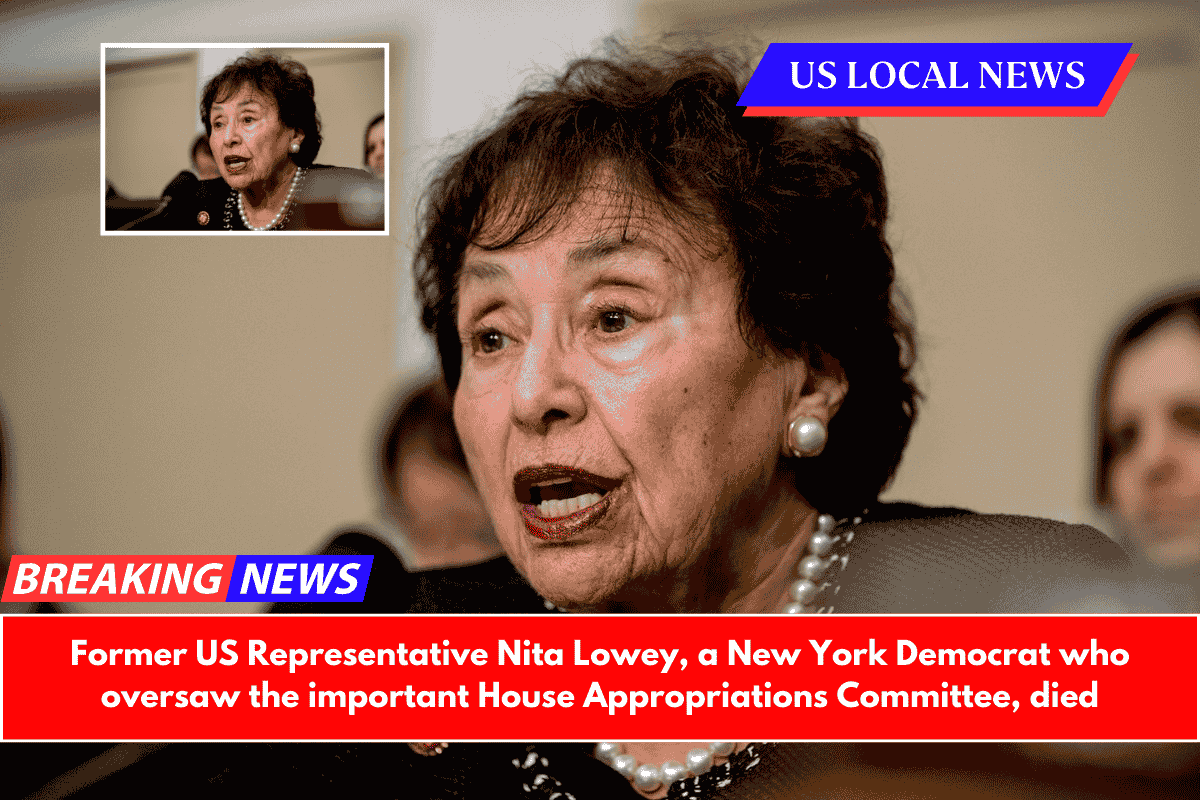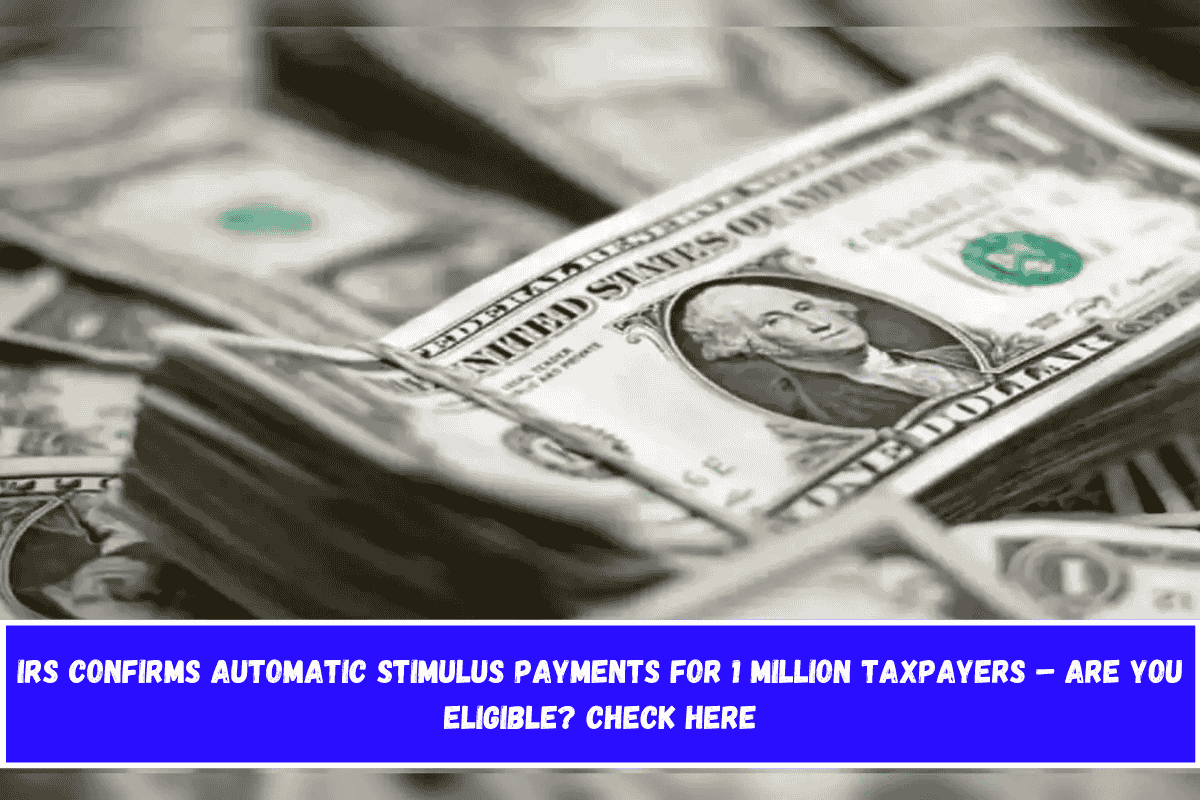The House is working to pass a new bill that would protect Social Security benefits for individuals who also receive government pensions.
Despite opposition from the conservative Freedom Caucus, the bill still has significant support and could move forward soon. Here’s a breakdown of what’s happening.
What Does the Bill Do?
The bill seeks to eliminate two major provisions:
- Government Pension Offset (GPO): Reduces Social Security benefits for spouses, widows, and widowers who receive government pensions.
- Windfall Elimination Provision (WEP): Reduces Social Security benefits for people who also receive pensions or disability benefits from jobs that didn’t withhold Social Security taxes.
If passed, the bill will restore full Social Security benefits for affected individuals, ensuring fair treatment.
How Did the Bill Gain Support?
The bill has bipartisan support, with over 300 lawmakers, including House Speaker Mike Johnson, backing it.
Two representatives, Garrett Graves (Republican) and Abigail Spanberger (Democrat), led the effort using a discharge petition to bypass committees and bring the bill directly to the House floor. They gathered the required 218 signatures for this unusual move.
Despite opposition from some House leaders, the bill has a strong chance of advancing.
How Did Conservatives Block It?
Members of the Freedom Caucus, a group known for opposing increased federal spending, delayed the bill by changing the rules during a low-attendance session.
The Congressional Budget Office estimated that the bill would add $196 billion to the federal deficit over ten years. This cost represents the money individuals lose under current Social Security rules.
To move forward, the bill now requires a supermajority vote in the House, making the process more challenging.
Who Benefits If the Bill Passes?
- Spouses, widows, and widowers: Will receive full Social Security benefits, even if they get government pensions.
- Public service workers: Those with state or local government pensions will no longer face benefit reductions.
- Retirees and disabled workers: Affected by the Windfall Elimination Provision will see their benefits restored.
If passed, these changes would apply to benefits paid after December 2023.
What Happens Next?
The bill is expected to move forward for a House vote. If it passes with a supermajority, it will head to the Senate. The House’s strong bipartisan support suggests the Senate might approve it as well.
If the bill reaches President Joe Biden and is signed into law, millions of Americans could see their Social Security benefits increase.
This bill is a crucial step toward ensuring fairness for individuals who have worked in government jobs or rely on Social Security benefits.
With bipartisan support, it represents a significant opportunity to fix long-standing issues that reduce benefits for millions of Americans.
1. What is the purpose of this bill?
The bill aims to restore full Social Security benefits to individuals affected by GPO and WEP provisions.
2. Who will benefit from the bill?
Spouses, public service workers, and retirees with pensions who currently face reduced Social Security benefits.
3. Why is the Freedom Caucus opposing it?
They oppose it due to its estimated $196 billion impact on the federal deficit over ten years.
4. When will the changes take effect if the bill is passed?
If signed into law, the changes will apply to benefits paid after December 2023.
5. Will the bill definitely become law?
While it has strong support in the House, its fate in the Senate is uncertain.




















